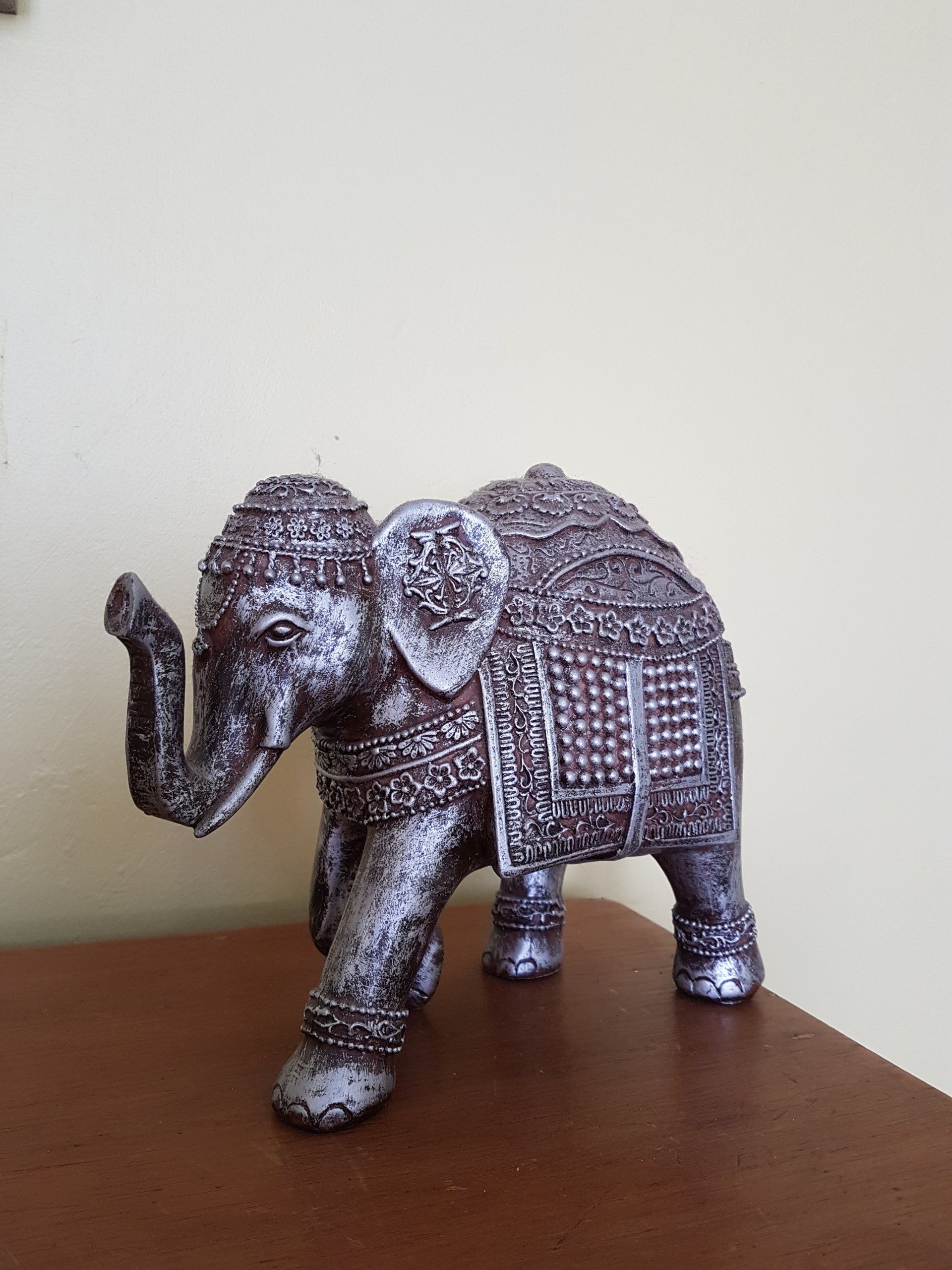
- HOME
- Counselling & Psychotherapy
- Structured Treatment Programmes
- MORE
Transactional Analysis
Transactional Analysis
Transactional Analysis
Transactional analysis , also known as TA, is a widely recognised form of modern psychology, and one of the most accessible theories of psychology at that. In simple terms, TA is designed to promote personal growth and change. It is considered a fundamental therapy for well-being and for helping individuals to reach their full potential in all aspects of life.

Slide title
Write your caption hereButton
Slide title
Write your caption hereButton
Slide title
Write your caption hereButton
TA Theory
TA Theory
Founded by Eric Berne in the late 1950s, TA therapy is based on the theory that each person has three ego-states: parent, adult and child. These are used along with other key transactional analysis concepts, tools and models to analyse how individuals communicate and to identify what interaction is needed for a better outcome.
Throughout therapy, the TA therapist will work directly on problem-solving behaviours, whilst helping clients to develop day-to-day tools for finding constructive, creative solutions. The ultimate goal is to ensure clients regain absolute autonomy over their lives. Eric Berne defines this autonomy as the recovery of three vital human capacities - spontaneity, awareness and intimacy.
How does TA work?
Transactional Analysis is a talking therapy and sessions are designed to explore an individual's personality and how this has been shaped by experience - particularly those stemming from childhood. This is achieved through skilful questioning and the utilisation of various models, techniques and tools.
In counselling, TA therapy is very versatile, for it can be used in a wide range of areas and incorporates key themes from Person Centred, Humanistic, integrative and psychodynamic.
The atmosphere that supports Transactional Analysis is non-judgemental, secure and respectful, ensuring that a positive relationship is forged between the therapist and client(s) in order to provide a model for subsequent relationships and communication that are developed outside of therapy.
In this setting, the therapist works collaboratively with the individual. Together, they will identify what has gone wrong in the client’s communication and provide opportunities for them to change repetitive patterns that limit their potential.










